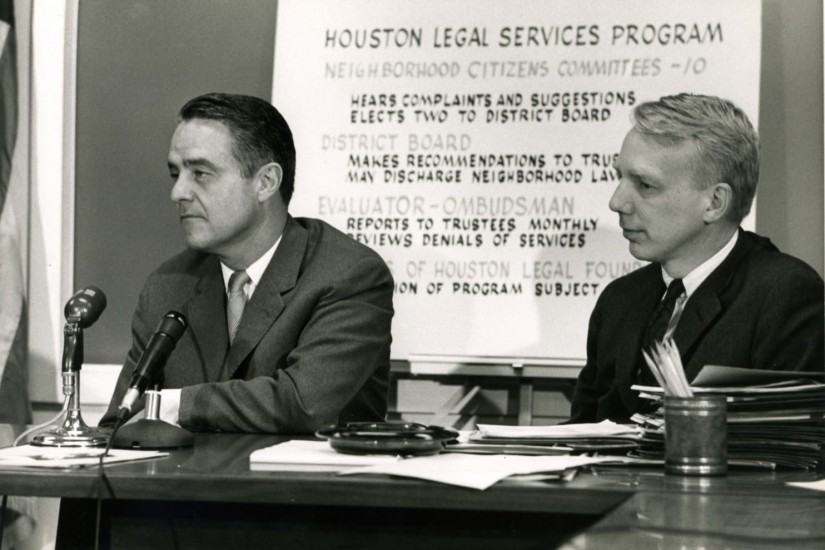To Douglas, the Constitution was not a neutral document, but one “designed to take the government off the backs of the people.” Broadly speaking, he believed “[t]he aim of law in its civilized sense is justice.” With the Brady rule, he was not merely announcing a new disclosure requirement. He was proposing no less than a “revolutionary shift” in criminal procedure, in the words of Judge Stephanos Bibas, a former law professor recently appointed to the Third Circuit Court of Appeals. And he had gotten a majority of his colleagues to support him.
What made this rule so radical, at least in its potential?
The U.S. justice system, imported from England, had always been fundamentally adversarial. Prosecutors and defense lawyers were intended to be vigorous partisans. The theory was that if each side argued its point of view and forcefully pushed its case a jury could discern where the truth lay. Neither party had a duty to find or share evidence favorable to the opponent.
In this system, pretrial discovery—the legal term for disclosing information—was minimal. A common belief, even among judges, was that letting a defendant know the case against him, prior to a trial, could subvert justice by allowing the accused to manipulate facts, or create evidence, or harm or intimidate witnesses against him. Only toward the mid-20th century did that view begin to shift, with courts sometimes noting that a prosecutor’s job should be to seek justice, not just win convictions.
With the Brady rule, Douglas embraced this principle, seeing it as a way to move the criminal process from one of adversarial combat to an inquisitorial, innocence-focused system. He imagined a mutual search for facts, where the prosecutor shared relevant information with the defense, and the two sides determined the truth together. This joint effort would both protect the rights of an accused and also ensure that justice was done.
It was a lofty aim.
Brady did not lead to a transformation of the justice system into a joint search for truth. The biggest reason was that in the trenches there was little support—from either side—for such a seismic shift. But it did impose a significant burden on the government that defense lawyers welcomed: prosecutors now had both a constitutional and an ethical duty to disclose favorable information.
